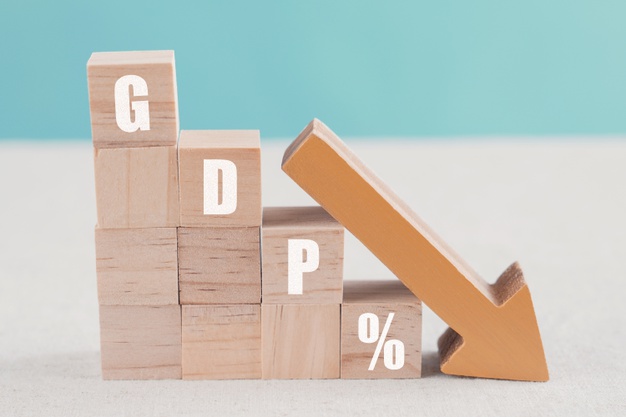World Bank lowers GDP growth projection for Malaysia to 6% in 2021

KUALA LUMPUR (March 26): The World Bank has lowered its gross domestic product (GDP) growth projection for Malaysia to 6% in 2021, from 6.7% earlier, taking into account the recent increase in Covid-19 infections, political uncertainty and slower-than-expected vaccine roll-outs in advanced economies elsewhere.
In a new report released today, the World Bank said growth in Malaysia is expected to be supported by gradual strengthening of domestic demand following vaccine deployment beginning from March and a cautious improvement in external demand.
“The strength and timing of Malaysia’s economic recovery, however, will depend largely on the timely availability of an effective mass vaccination programme. The vaccination programme is expected to cover at least 30% of the population by August 2021,” it said in the Economic Update for East Asia and the Pacific — Uneven Recovery released today.
It said in the medium term, output of the economy is unlikely to return to the levels seen before the Covid-19 pandemic. The growth outlook is therefore subjected to considerable downside risks.
“On the external front, further delays in the implementation of vaccination programmes could lead to recurrent lockdowns in advanced economies and dampen global growth.
"Upside risks include a successful mitigation of the third wave [of Covid-19] and an effective roll-out and implementation of vaccination programmes. This could lead to a faster-than-expected recovery in domestic demand and greater investor confidence,” it said.
In addition to the impact of the Covid-19 pandemic, domestic political uncertainty also poses near-term challenges to the economy. The country’s state of emergency that has been in place since Jan 14 is likely to dampen investors’ confidence, it noted.
World Bank chief economist for East Asia and the Pacific Aaditya Mattoo said Malaysia is now “stalling” in its transition to move to services and innovation-led activities, which had primarily been affected by the Covid-19 pandemic.
Still, he noted that Malaysia — being on the verge of becoming a high-income country — had successfully transitioned away from commodity dependence into the manufacturing sector.
“I think that is the root of a great success story of labour-intensive export-led growth,” Aaditya said during the virtual launch of the report this morning.
He said the focus should now be on developing human capital that is needed for greater engagement in an increasingly digitised world.
“I think the country needs to deal a little with the political uncertainty, but also has the reform imagination to be conceived for Malaysia, which is not tied to old suspicions of services openness but embraces the opportunity of digitalisation,” he added.
Get the latest news @ www.EdgeProp.my
Subscribe to our Telegram channel for the latest stories and updates
Follow Us
Follow our channels to receive property news updates 24/7 round the clock.
Telegram

Latest publications
Malaysia's Most
Loved Property App
The only property app you need. More than 200,000 sale/rent listings and daily property news.
